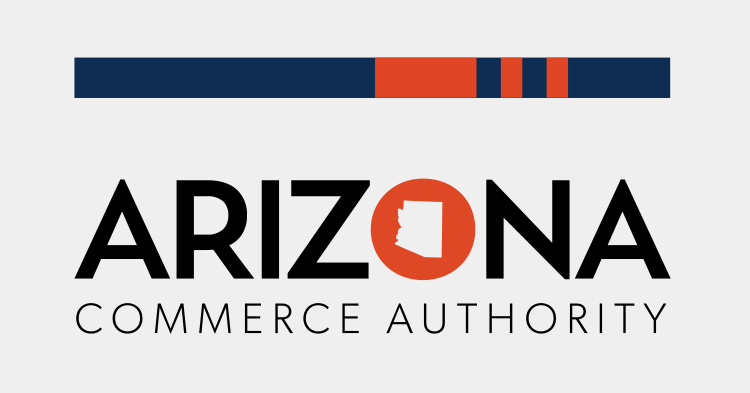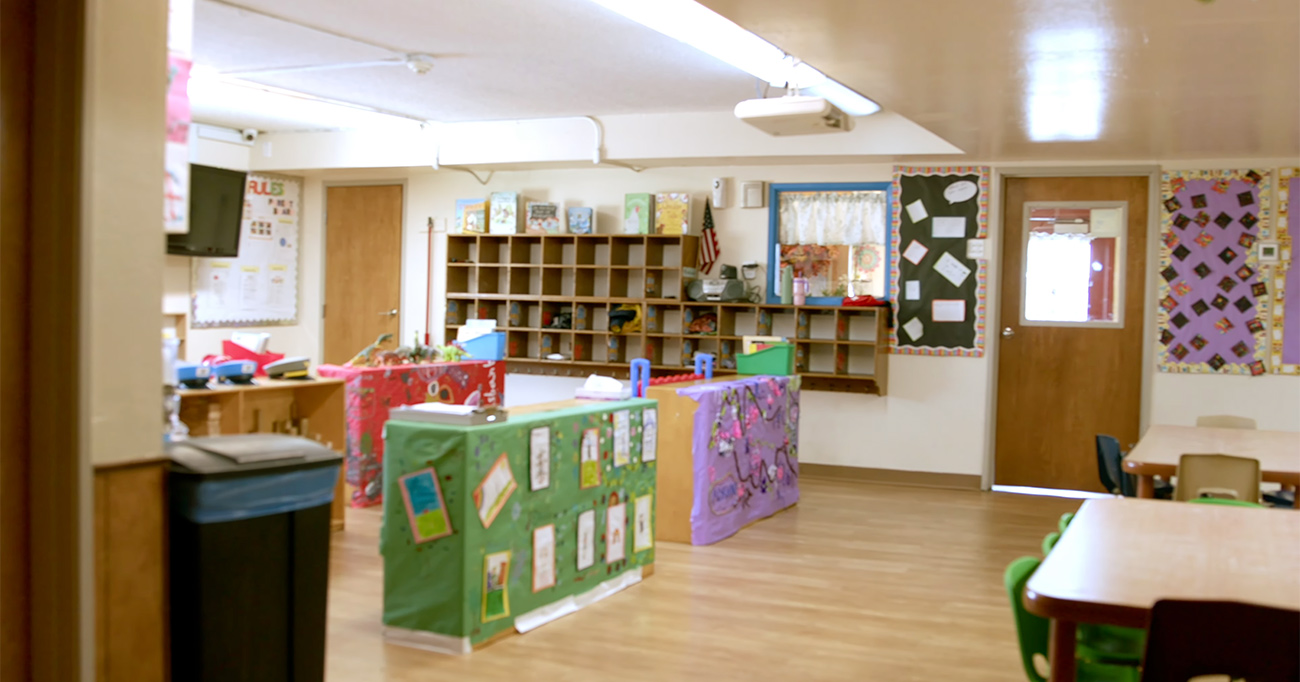
The need for child care in Arizona is expected to grow by as much as 32% over the next 10 years, according to a recent report commissioned by the Arizona Commerce Authority.
The report details how “access to high-quality, affordable child care is out of reach for many Arizonans,” especially those who need care for babies and toddlers, work non-traditional or extended hours, those who live in rural areas and those who need care for children with special needs.
“Child care isn’t just about kids,” said First Things First Senior Director for Government Affairs Joe Barba. “It’s about jobs. It’s about growth. It’s about whether Arizona will be a place where working families can thrive and businesses can compete in a modern economy.”
The analysis, conducted by the American Institutes for Research, of projected future child care demand and supply says that depending on demographic projections and anticipated economic growth, the need for child care for families with children birth to age 5 could grow between 20% and 32% over the next decade.
“Overall, in the long-term, a sustainable and high-quality child care industry will include strong partnerships between employers, families, local communities and public investments,” the report states.
A 2023 U.S. Chamber of Commerce Foundation survey in Arizona found that 71% of parents of children 5 years of age and younger reported missing work due to child care issues in the prior three months. The commerce authority report estimates the direct cost to Arizona’s employers at $829 million a year, in part reflecting the need to provide overtime pay to other employees and to hire temporary workers.

Barba, who has seen attention focus on child care and early childhood education at the legislative session this year more than in past years, pointed to Arizona’s trailblazing spirit. “If there’s one thing I know about Arizona, it’s that we don’t wait around for others to show us the way. We lead,” he said.
The report points to several strategies on how to invest more resources into child care to expand supply, increase access, ensure affordability, improve reliability and raise quality. Strategies include:
- Encouraging employers to invest more in child care for their own employees by subsidizing care and at the same time contribute to supply building in their greater communities.
- Creating a local impact investment fund that would allow employers to reserve child care slots for their employees. This is an example of a public-private partnership.
- Supporting school districts to provide additional early childhood education and before- and after-school care.
- Recognizing and supporting the critical role that municipalities play in expanding the supply of child care by connecting elected officials with employers who share the same goal.
Barba is hopeful that policymakers will recognize the need for additional investment in early childhood education and child care.
“The question isn’t whether we can afford to invest in child care,” Barba said. “It’s whether we can afford not to.”




